Logical thinking Extra Challenge Worksheets for Ages 4-6
9 filtered results
-
From - To
Unlock the power of critical thinking in your young learners with our Logical Thinking Extra Challenge Worksheets for ages 4-6! Designed to stimulate cognitive skills, these engaging worksheets encourage children to solve puzzles, recognize patterns, and build reasoning abilities. Perfect for preschoolers and kindergarteners, our activities promote creativity and enhance problem-solving skills in a fun, playful way. With a variety of challenges tailored to different skill levels, kids will enjoy interactive learning that keeps them motivated. Give your little ones the tools to think logically and excel in their early education journey. Explore our collection today and watch their confidence grow!
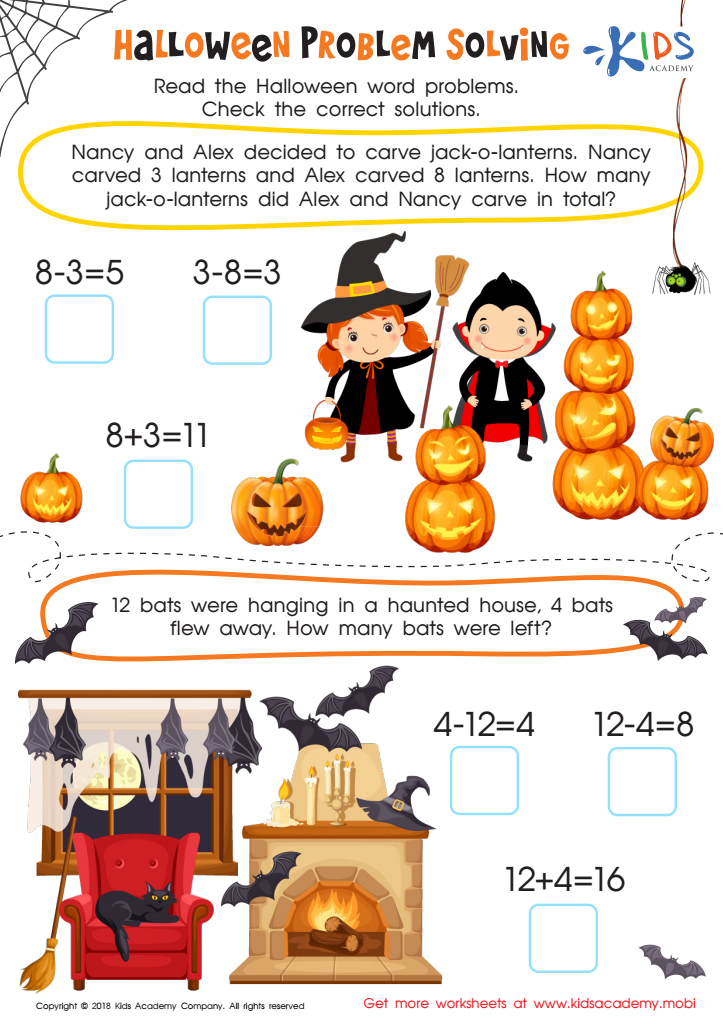

Halloween Problem Solving Worksheet
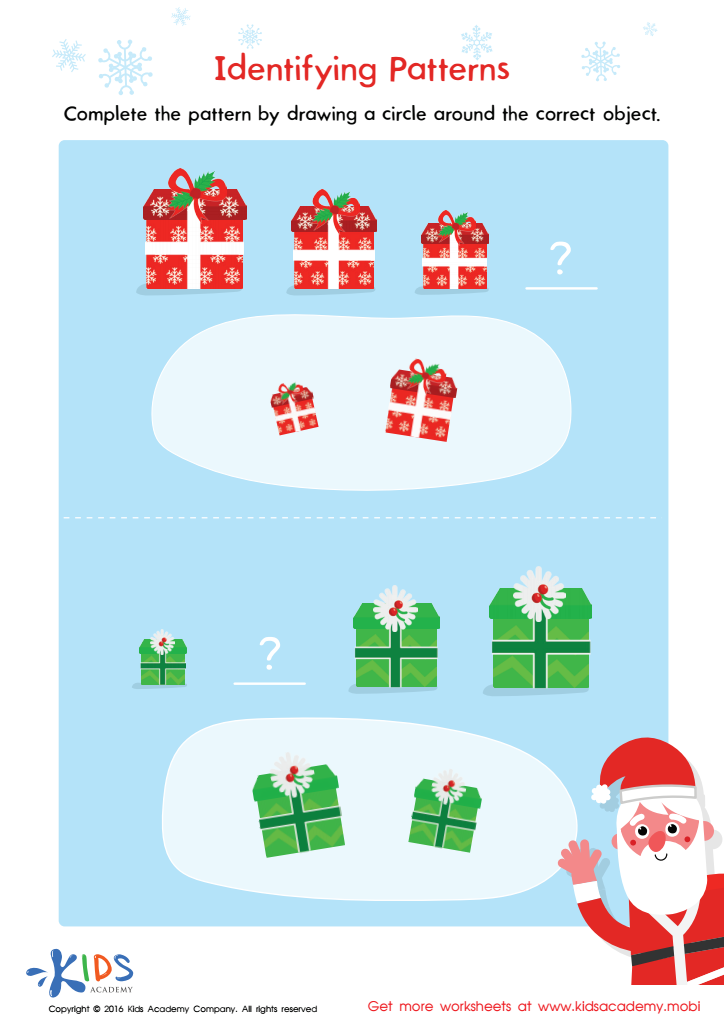

Identifying Patterns Worksheet
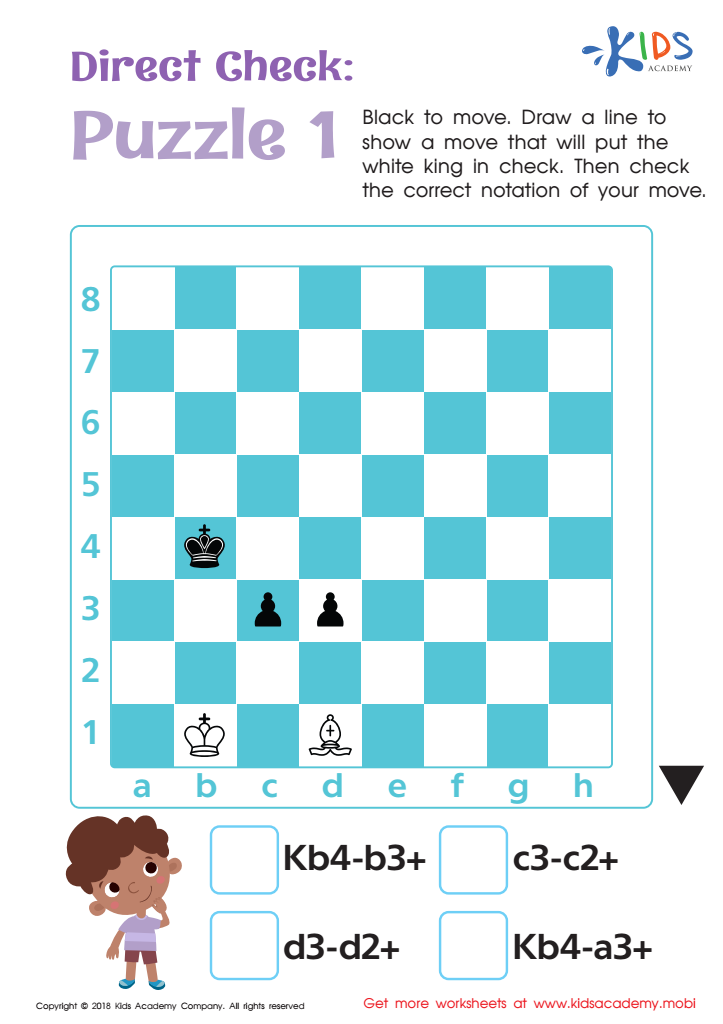

Direct Check: Puzzle 1 Worksheet
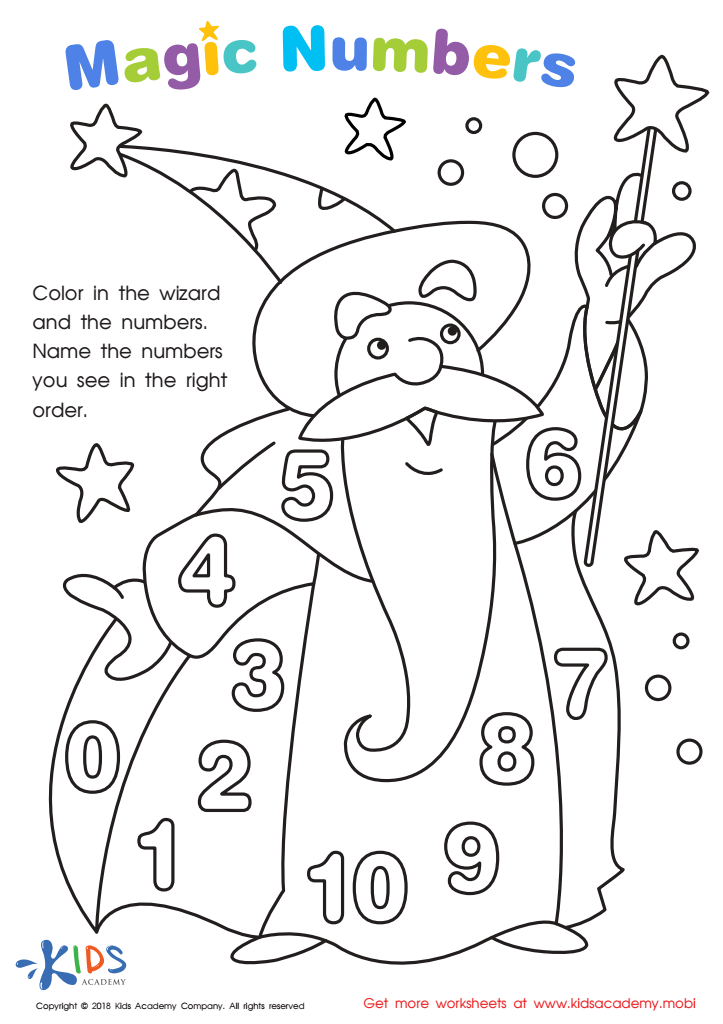

Magic Numbers Worksheet
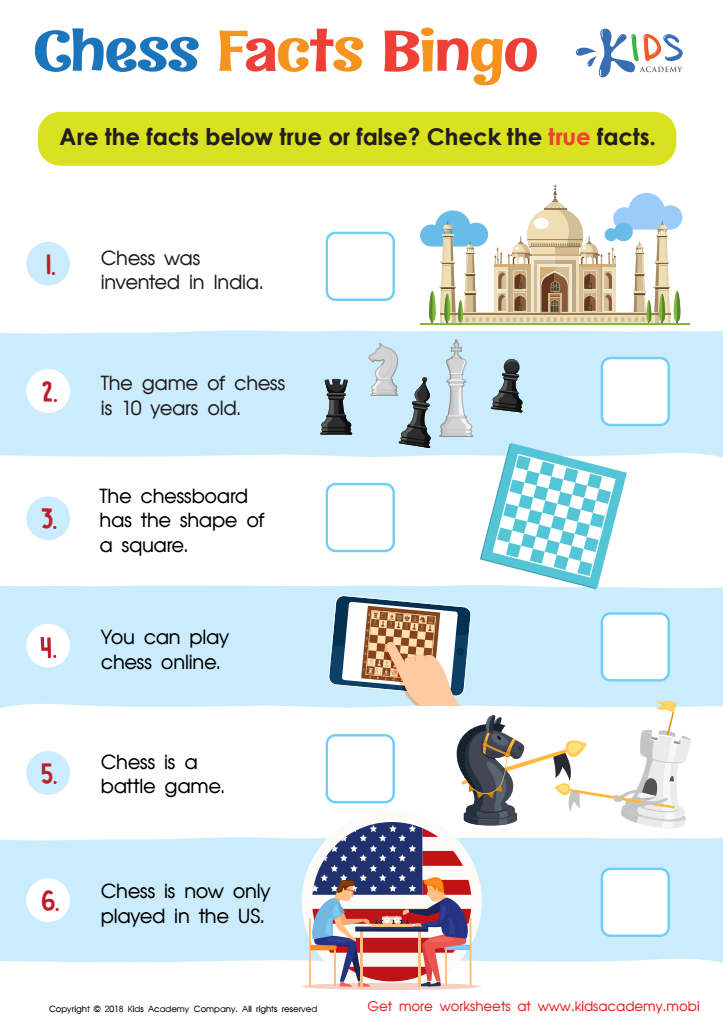

Chess Facts Bingo Worksheet
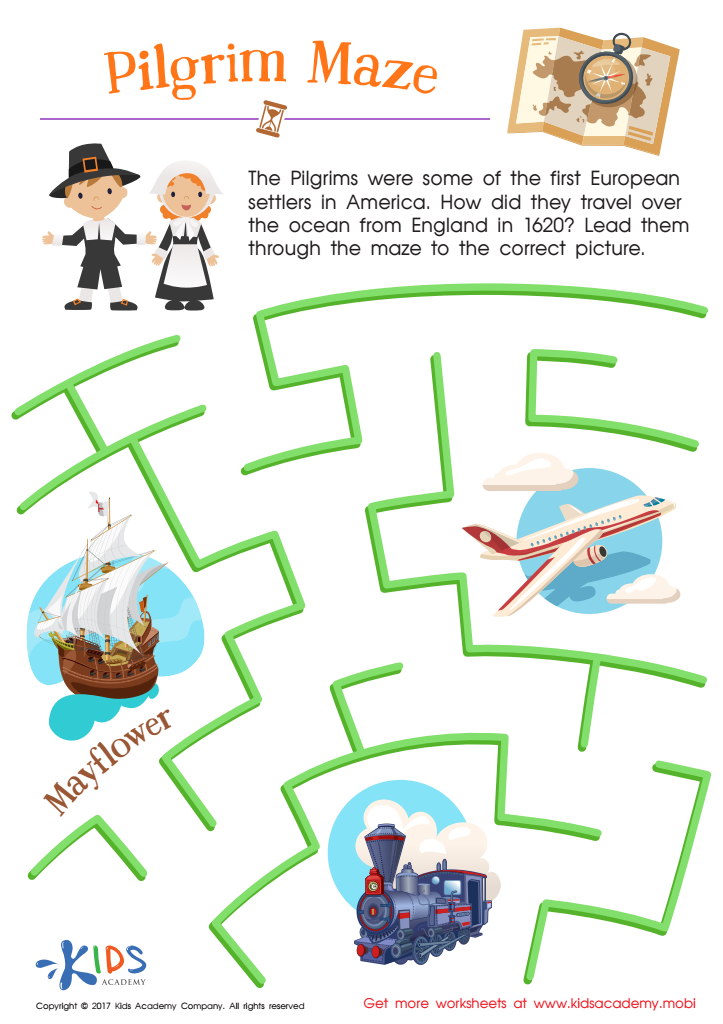

Pilgrim Maze Worksheet
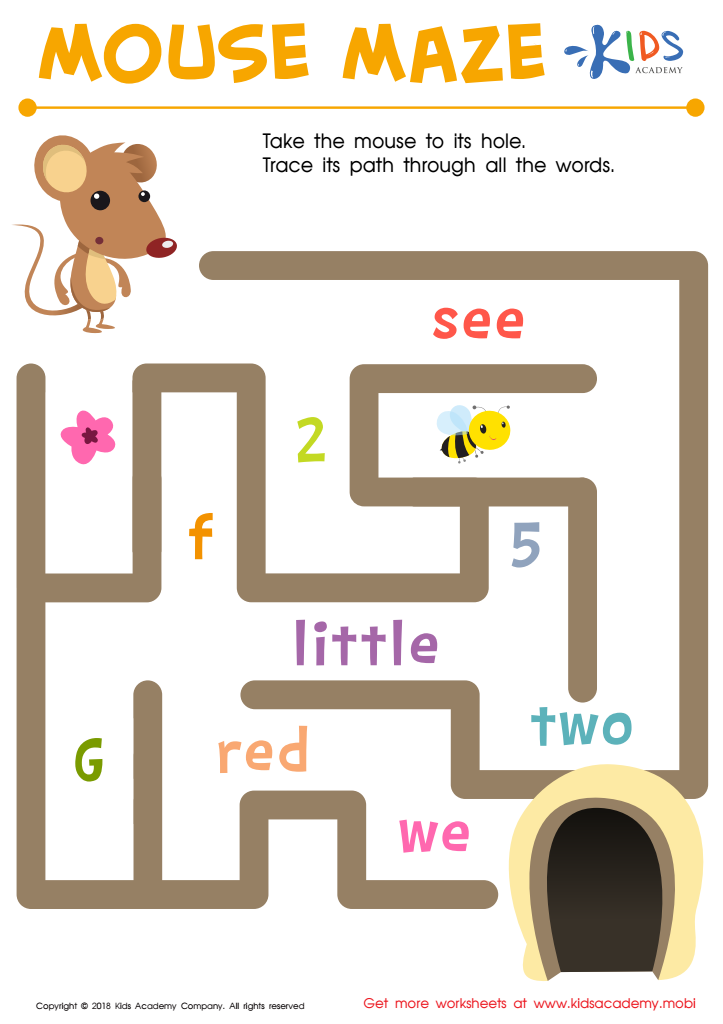

Find Words Mouse Maze Worksheet
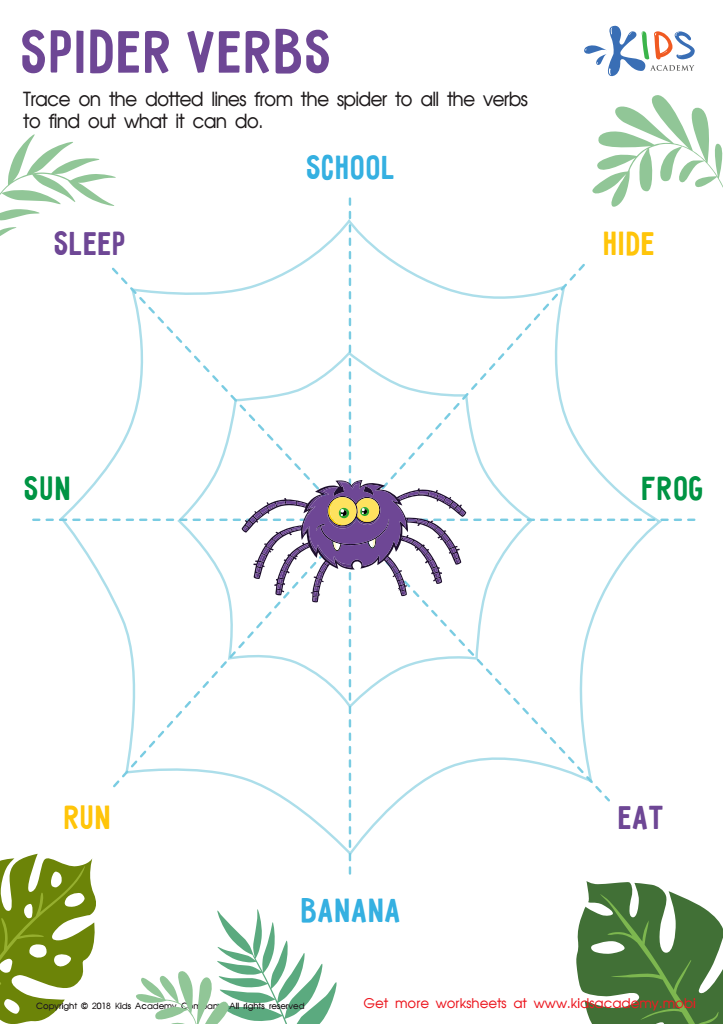

Spider Verbs Worksheet
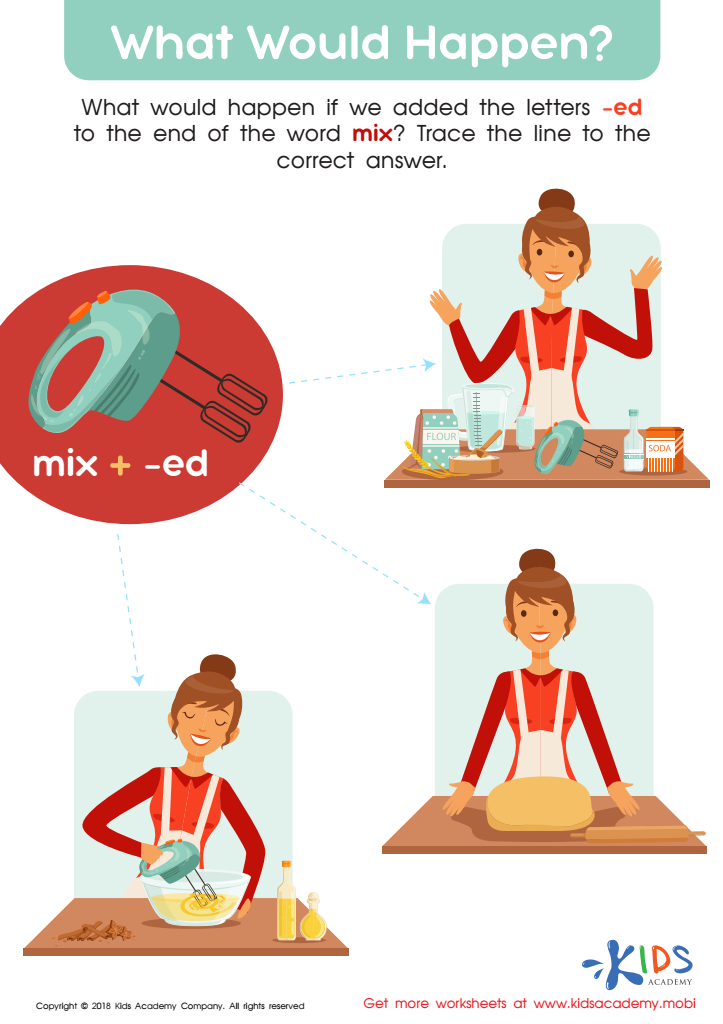

What Would Happen? Worksheet
Logical thinking skills are foundational for a child’s development, especially between the ages of 4-6, when cognitive abilities are rapidly evolving. Parents and teachers should prioritize logical thinking extra challenges to foster critical thinking, problem-solving, and creativity in young learners. Engaging in these activities promotes not only analytical skills but also enhances a child’s ability to reason, make decisions, and understand cause-and-effect relationships.
At this age, children are naturally curious and eager to explore their environment. Logical thinking exercises help channel that curiosity into structured thought processes. By participating in puzzles, games, or other challenges, they learn to recognize patterns, categorize objects, and solve problems—skills that are essential in academics and everyday life. Moreover, these challenges encourage persistence and resilience, as children often encounter setbacks, teaching them to navigate obstacles constructively.
Additionally, developing logical thinking skills can improve language abilities, as children articulate their reasoning, enhancing communication and socialization. In short, by emphasizing logical thinking during these formative years, parents and teachers provide children with the tools they need to succeed in school and beyond, preparing them for future academic challenges and real-world problem-solving.
 Assign to My Students
Assign to My Students





















